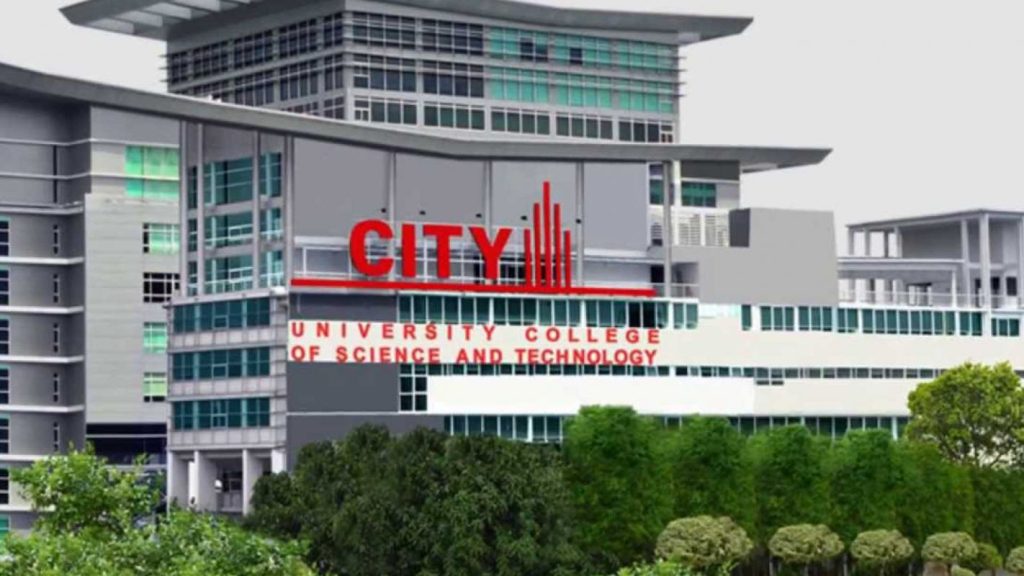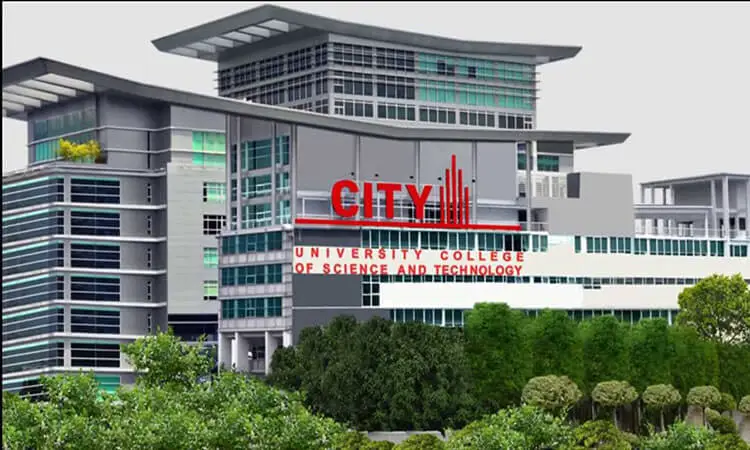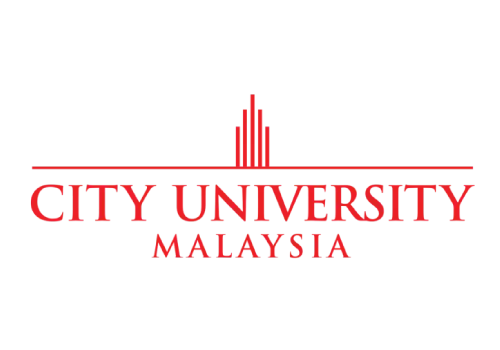Programme Description
The Bachelor of Civil Engineering programme at City University Malaysia aims to develop graduates who are competent, innovative, and ethical professionals capable of contributing to the advancement of mechanical engineering and related industries.
The programme integrates fundamental engineering principles with the latest advancements in technology, sustainability, and design, preparing students to meet the evolving needs of the global engineering industry. In the Bachelor of Mechanical Engineering programme, learners are exposed to subjects of main mechanical engineering industries including, project management, power generation, advance manufacturing, automotive, aeronautic, robotics, and mechanical design engineering.
Contact us to find out more about the programme and the scholarships offered.
Programme Highlights
- Mode: Full Time
- Duration: 48 months
- Credit Hours: 135
- Scholarships Available
- Intake: Jan/Feb, May/June, Sept/Oct
- Course in Petaling Jaya
Subjects Offered*
- Engineering Drawing and CAD
- Static and Dynamics
- Introduction to OSH
- Strength of Material
- Environmental Science
- Soil Mechanics
- Sustainable Development
- Fluid Mechanics
*(not limited to)
Entry Requirements
i) Pass the Malaysian Higher School Certificate (STPM) with at least Grade C (NGMP 2.00) in three (3) subjects including Mathematics and one of the Physical Science subjects; OR
ii) Pass A-Level by obtaining at least three (3) subjects including Mathematics and one of the Physical Science subjects; OR
iii) Pass the Diploma Program (Level 4, MQF) in related areas from a HEP recognised by the Government of Malaysia with a minimum CGPA of 2.00; OR
iv) Pass the Foundation in related areas of a HEP recognised by the Malaysian government with a minimum CGPA of 2.00; OR
v) Pass the Ministry of Education Matriculation in related areas with a minimum CGPA of 2.00; or vi) Pass Unified Examination Certificate (UEC) with Grade B in five (5) subjects including Mathematics subjects and one of the Physical Science subjects; OR
vii) Pass the Ontario Secondary School Diploma/ Canadian Pre-U: 60% (Pass 6 subjects including Mathematics subjects and one of the Physical Science subjects; OR
viii) Pass the South Australian Matriculation (SAM) or equivalent to the Australian Admission Rank (ATAR) 65 including Mathematics subjects and one of the subjects of Physical Science; OR
ix) Other qualifications recognised by the Government of Malaysia AND One of the English requirements as follows: • International English Language Testing Systems (IELTS): Grade 6.0; or • Test of English as a Foreign Language (TOEFL): Grade 550; or • Malaysian University English Test (MUET): Band 4; or • Credit in English subjects at the Malaysian Certificate of Education level.
For International Students
Senate minimum requirements: A minimum score of 5.0 in IELTS OR / Malaysian University English Test (MUET) with Band 3.5 OR its equivalent.
Programme Educational Objectives (PEO)
| PEO | Statements |
| PEO1 | Competent graduates who can apply Civil Engineering knowledge in practice to solve complex problems and contemporary issues. |
| PEO2
|
Graduates who can communicate effectively, demonstrate leadership skills and exhibit high degree of professionalism. |
| PEO3 | Graduates who are professionals in their fields and contribute to the society with environmental consciousness, embark on life-long learning for professional advancement and possess entrepreneurial skills. |
Programme Outcomes (PO)
- PO1: Engineering Knowledge – Apply knowledge of mathematics, natural science, engineering fundamentals and an engineering specialisation as specified in WK1 to WK4 respectively to the solution of complex Civil Engineering problems;
- PO2: Problem Analysis – Identify, formulate, conduct research literature and analyse complex Civil Engineering problems reaching substantiated conclusions using first principles of mathematics, natural sciences and engineering sciences (WK1 to WK4);
- PO3: Design/Development of Solutions – Design solutions for complex Civil Engineering problems and design systems, components or processes that meet specified needs with appropriate consideration for public health and safety, cultural, societal, and environmental considerations (WK5);
- PO4: Investigation – Conduct investigation of complex Civil Engineering problems using research-based knowledge (WK8) and research methods including design of experiments, analysis and interpretation of data, and synthesis of information to provide valid conclusions;
- PO5: Modern Tool Usage – Create, select and apply appropriate techniques, resources, and modern engineering and IT tools, including prediction and modelling, to complex Civil Engineering problems, with an understanding of the limitations (WK6);
- PO6: The Engineer and Society – Apply reasoning informed by contextual knowledge to assess societal, health, safety, legal and cultural issues and the consequent responsibilities relevant to professional engineering practice and solutions to complex engineering problems (WK7);
- PO7: Environment and Sustainability – Understand and evaluate the sustainability and impact of professional engineering work in the solutions of complex Civil Engineering problems in societal and environmental contexts. (WK7);
- PO8: Ethics – Apply ethical principles and commit to professional ethics and responsibilities and norms of engineering practice (WK7);
- PO9: Individual and Teamwork – Function effectively as an individual, and as a member or leader in diverse teams and in multi-disciplinary settings;
- PO10: Communication – Communicate effectively on complex engineering activities with the engineering community and with society at large, such as being able to comprehend and write effective reports and design documentation, make effective presentations, and give and receive clear instructions.
- PO11: Project Management and Finance – Demonstrate knowledge and understanding of engineering management principles and economic decision-making and apply these to one’s own work, as a member and leader in a team, to manage projects in multidisciplinary environments.
- PO12: Lifelong Learning – Recognise the need for, and have the preparation and ability to engage in independent and life-long learning in the broadest context of technological change.














